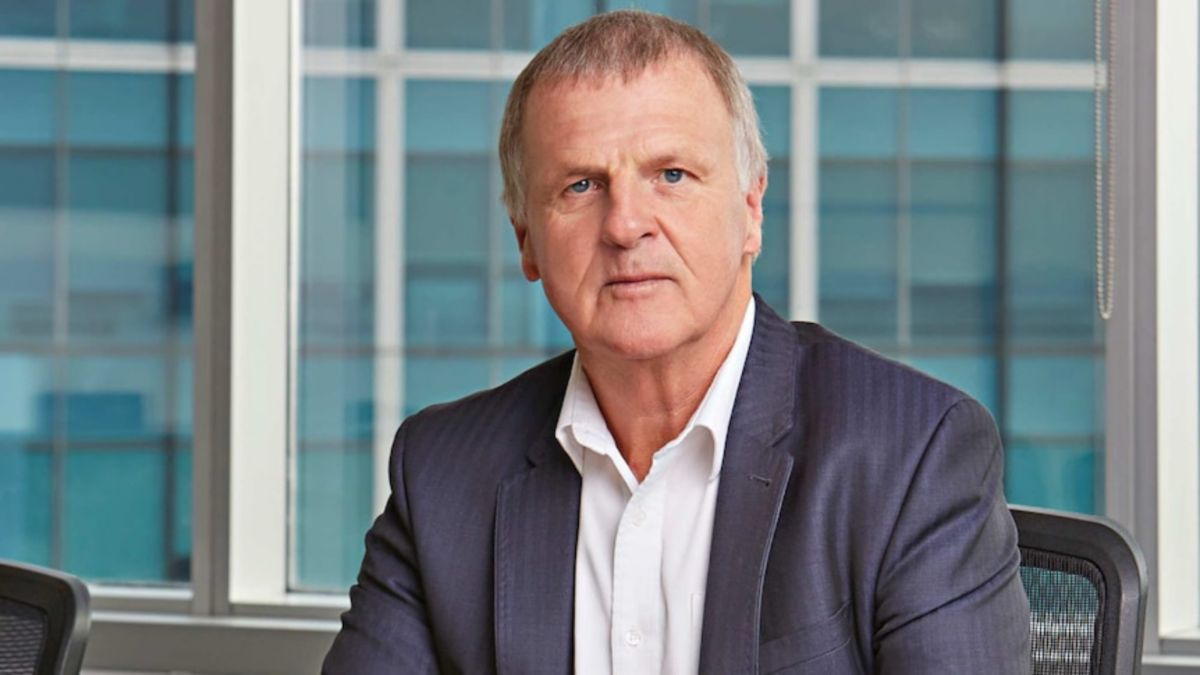No weaseling out for Weaven in his own words
Weaven Words offers an interesting (rare would be incorrect) view inside the mind of Garry Weaven, a man variously described in his own book as an “ACTU hit-man”, “super Svengali”, and the “king of Australia’s industry fund movement”. Mixed with Weaven’s poetry and songwriting are his collected views on the growth of industry superannuation, sourced from a lifetime of speech notes, essays and newspaper articles.
“The problem is, some of these people are so dull. They are just part of the great herd.”
– Garry Weaven on fund managers
Most potent here are his observations on why industry funds have succeeded where retail funds have failed – spectacularly. In 2019, the year that industry funds outgrew their retail brethren in terms of share of the $2.8 trillion investment base, Weaven said that the decision not to pay commissions to planners or sales agents, the promotion of independent performance measurement, and differentiated investment strategies had helped, but that:
“In the end, there is one somewhat intangible factor that best explains long term outperformance… Motivation. If you are genuinely trying to maximise long term benefit to fund members you may actually succeed.”
While Weaven’s admiration for the industry fund movement is total – and he says himself that “recent events have tended to confirm rather than modify my views” – there is also a belief expressed in some of his collected writings that big super funds cannot, or should not, take their primacy for granted. In the foreword to Worker’s Capital, a history of industry super from Bernard Mees and Cathy Bridgen, Weaven writes:
“There is a very real sense in which this ‘worker’s capital’ has also been shaped by the market and the industry in which it operates. Unless industry superannuation funds can preserve the sense of a movement, can find ways to both innovate and nurture their motivation to serve the working people (which has been their true source of outperformance to date), then they will instead be shaped by the global financial services industry, with all its shortcomings, and their form will disappear along with their substance.”
“(The authors’) concern was to ensure that future generations would understand that major social reforms are usually forged by a combination of strategy and struggle – in this case spearheaded by the union movement – and should not be taken for granted.”
Weaven is also clear-eyed about the future role that industry funds might play in nation-building, saying that the superannuation industry was “potentially an ideal partner for governments and business” because of its relatively long term objectives and growing need for investments across the risk/return spectrum.
“This sort of model would allow governments to efficiently leverage their balance sheets to achieve optimal investment strategies, rather than simply relying on either increasing intergenerational public debt, privatization and/or offshore ownership,” Weaven writes.
“The main requirement of course is leadership, and a presupposition is that a sufficient degree of political consensus can be achieved to create the necessary stability in public policy. The business community has a potentially critical role to play in this.”
Weaven writes that the preservation of super’s purpose – and of the “missionary zeal” of its trustees – is in service of the overarching social good; in a post-script to the book he notes that 35 years after the battle for employer funded superannuation was won, there is still uneven distribution of wealth in Australia, as well as in most advanced economies, and that a “society based on rising inequality is inherently unsustainable”.
“Rich people and wealthy organisations can invest for the long term; they do not have to sell when prices are low, that is when they buy; they can afford to employ the smartest people to advise them; they can borrow on the best terms; no deal is too big for them,” Weaven writes, in a point originally made as far back as 1990 and delivered and refined many times since then.
“The purpose of the representative trustee system, the purpose of an industry super movement, must continue to be the empowerment of working people, collectively through their super funds and related institutions, to save and invest as if they were the wealthiest people on earth.”
The poetry isn’t bad either.











